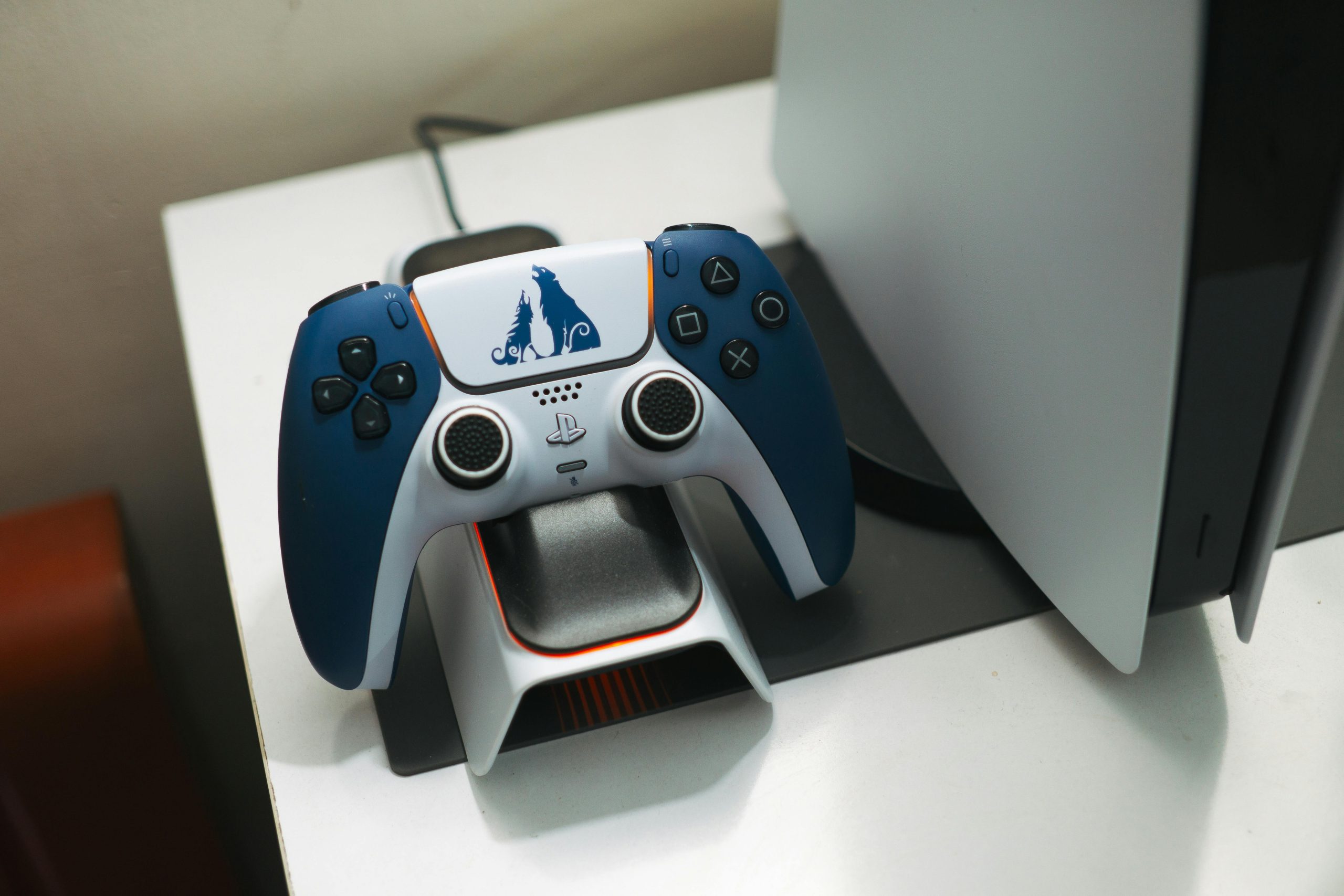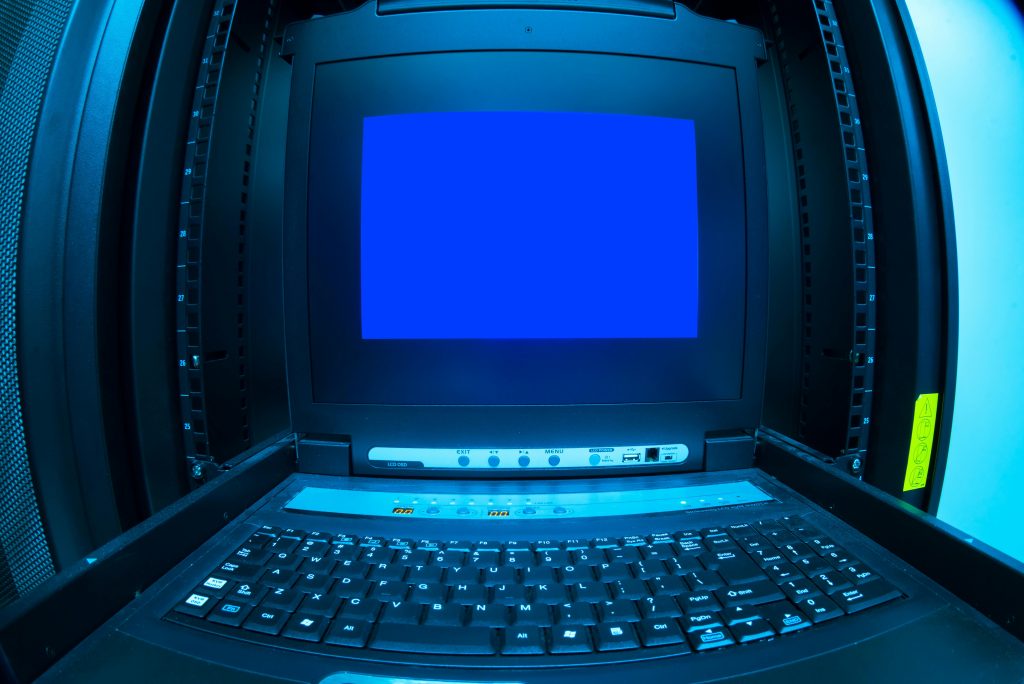Troubleshooting PS5 Controller Connectivity Issues on Dell Optiplex 3020: A Professional Guide
Introduction
Connecting a PlayStation 5 (PS5) controller to a Windows-based desktop can enhance your gaming experience and provide seamless control over compatible applications. However, users sometimes encounter connectivity issues, such as continuous connect-and-disconnect cycles, that hinder usability. In this article, we explore common causes and solutions for troubleshooting PS5 controller connectivity problems specifically on Dell Optiplex 3020 desktop systems.
Understanding the Issue
Many users report that their PS5 controller attempts to connect to their PC via USB but then rapidly disconnects and reconnects repeatedly. This persistent cycle can be caused by various factors, including hardware, driver, and power supply issues.
Symptoms include:
– Controller intermittently preparing to connect and disconnecting shortly after
– USB ports recognizing the device momentarily then failing
– No successful pairing or stable connection
Possible Causes
- Faulty or incompatible USB cables
- Inadequate power supply or USB port issues
- Outdated or corrupted drivers
- Hardware conflicts or port malfunctions
- Device compatibility issues between the controller and the PC
Step-by-Step Troubleshooting
- Verify the USB Cable and Port
- Test the USB cable with another device to ensure it’s functioning properly
- Use different USB ports on your Dell Optiplex 3020, especially directly connected ports on the back
-
Preferably, connect the controller directly to the motherboard ports rather than through hubs
-
Test with Alternative Devices
- Connect the PS5 controller to another computer or laptop to confirm that the controller itself is operational
-
If it works elsewhere, the issue may lie with the PC configuration
-
Check Power Supply and System Load
- Ensure your PC’s power supply can support multiple peripherals simultaneously
-
Close unnecessary applications that may be overloading USB bandwidth or power
-
Update Drivers and Firmware
- Update the motherboard’s chipset drivers from Dell’s official support website
- Ensure Windows OS is up-to-date with the latest updates
-
Remove and reinstall any existing device drivers related to USB controllers via Device Manager:
- Open Device Manager (Right-click Start > Device Manager)
- Expand ‘Universal Serial Bus controllers’
- Right-click each entry and choose ‘Update driver’
- Consider uninstalling the controllers and restarting the PC to automatically reinstall drivers
-
Use Bluetooth as an Alternative
- If your PC
Share this content:



